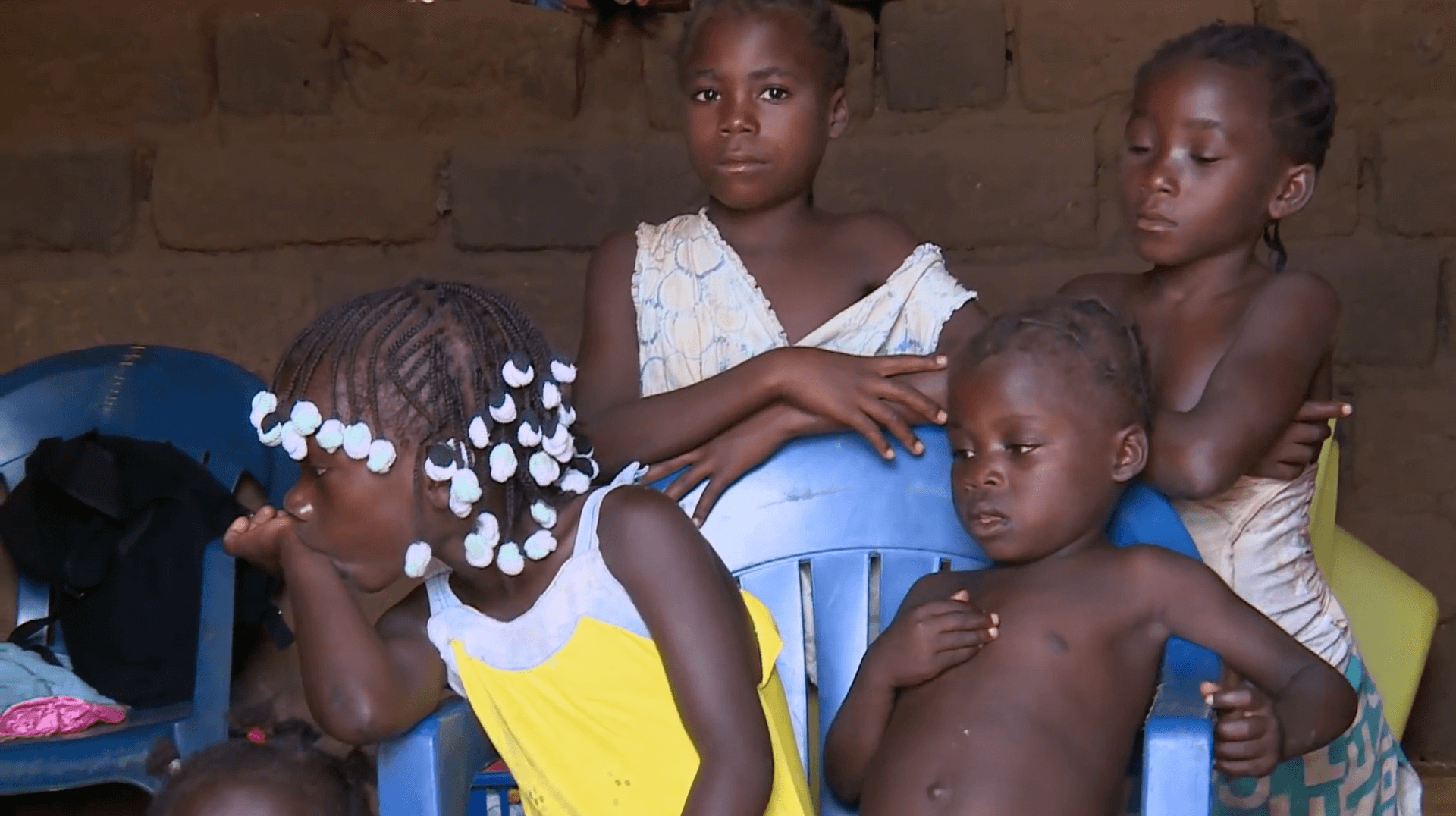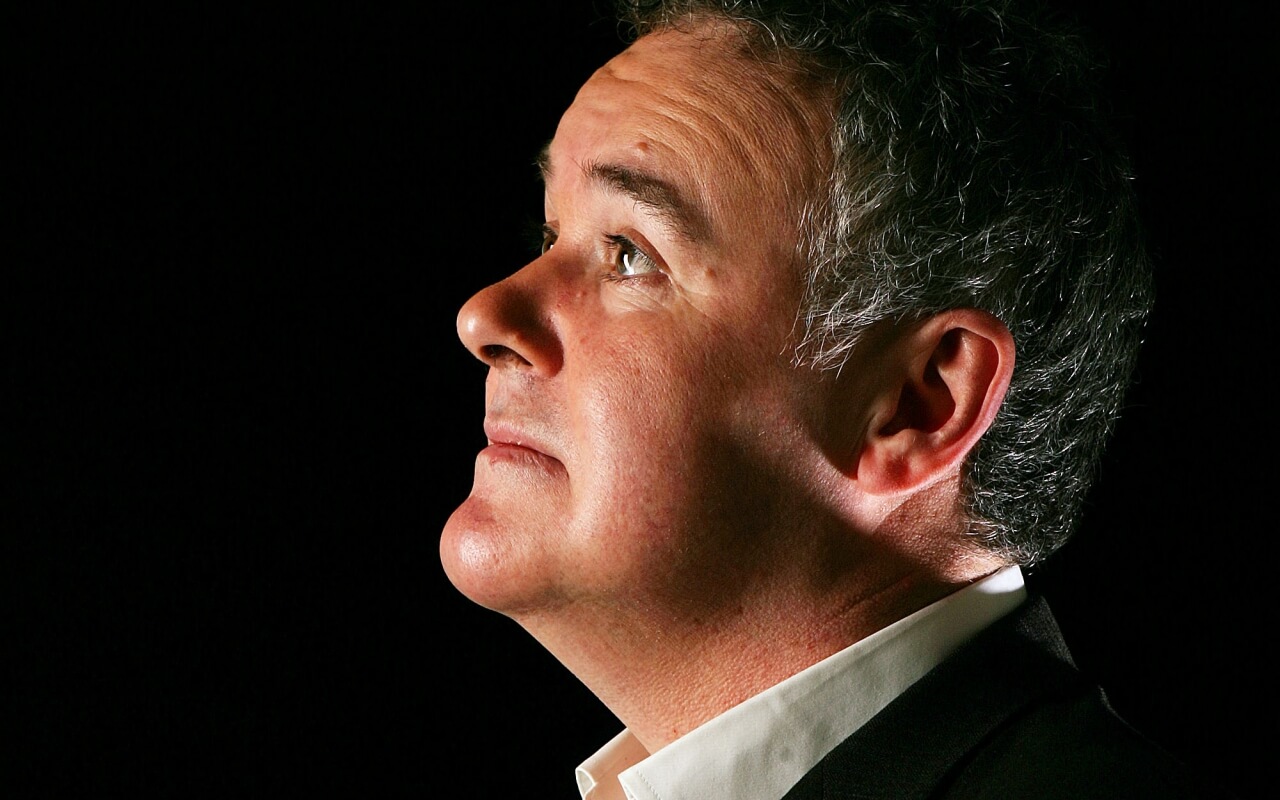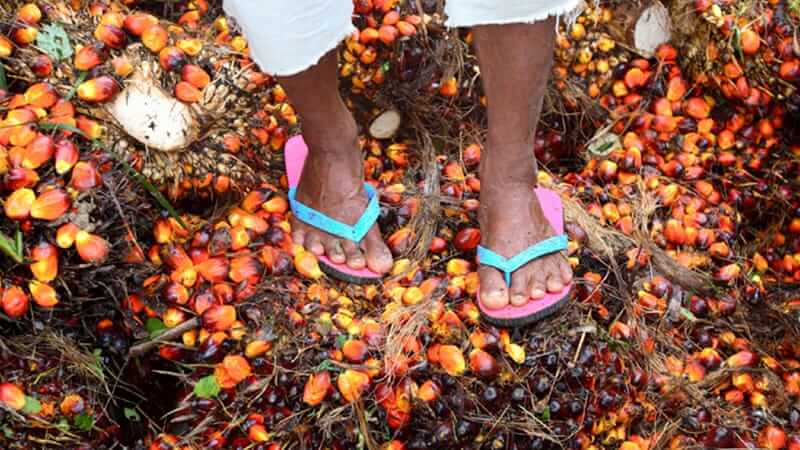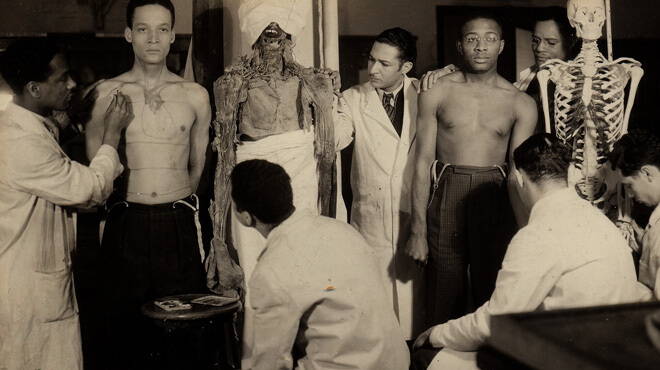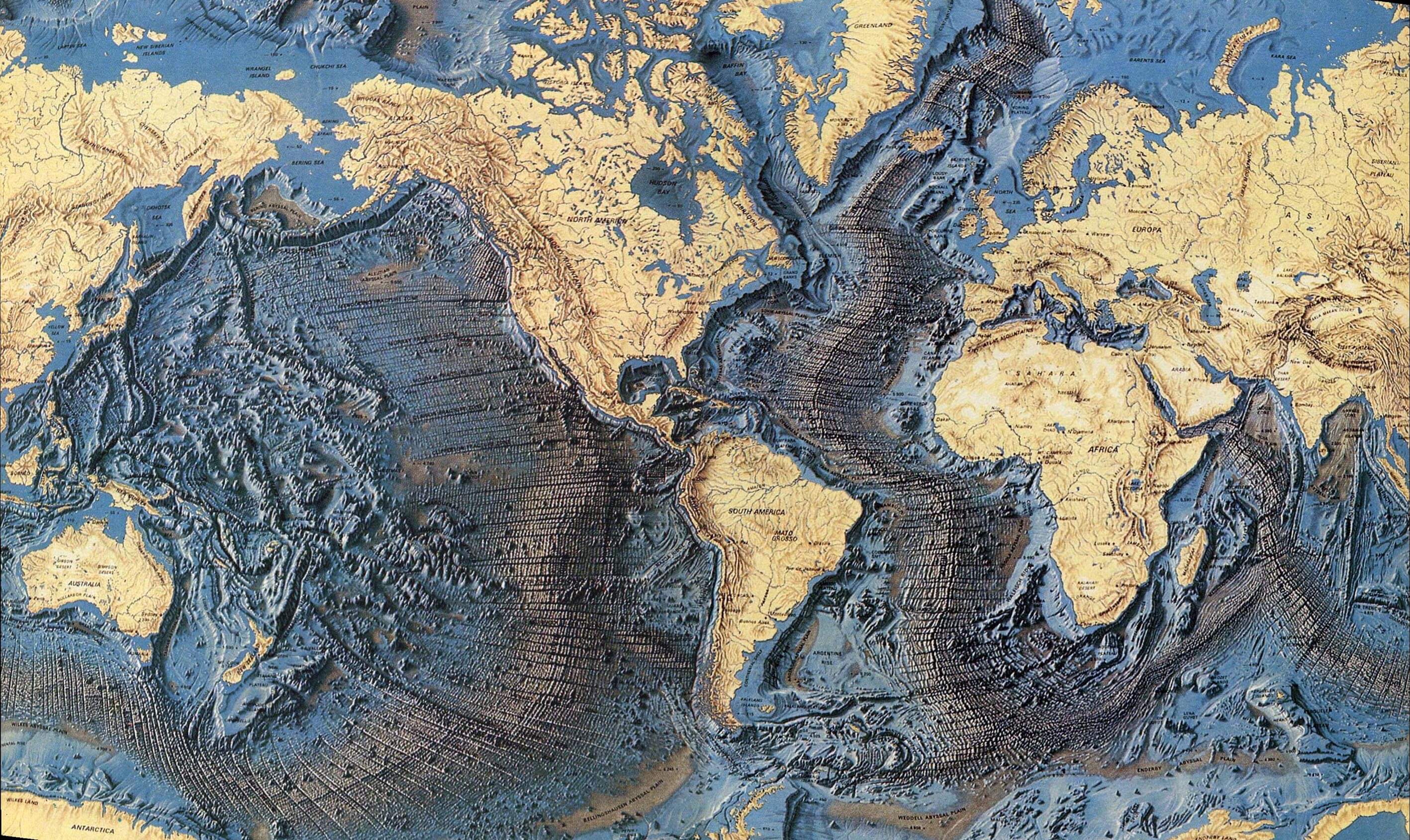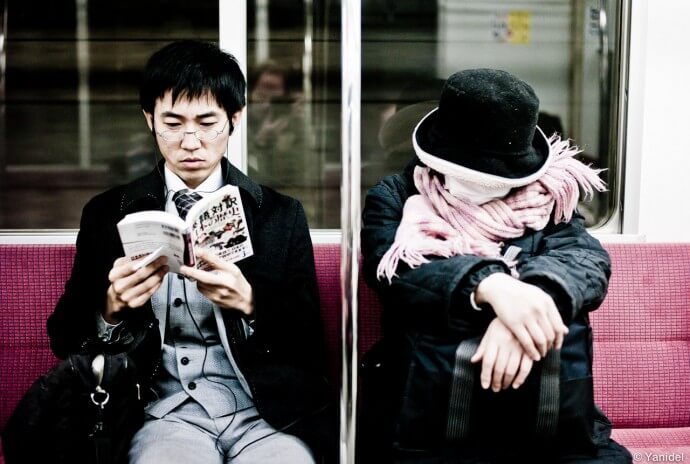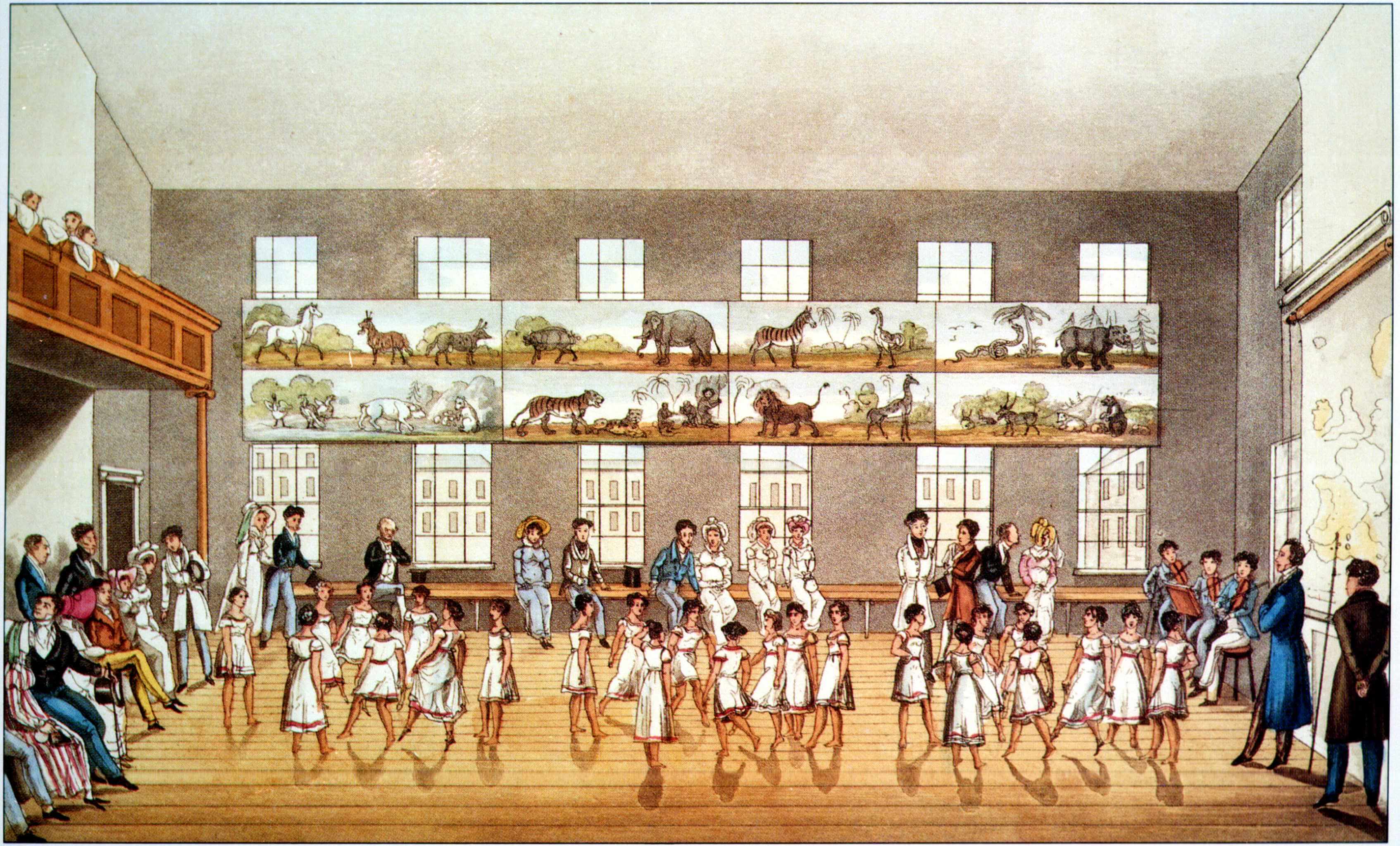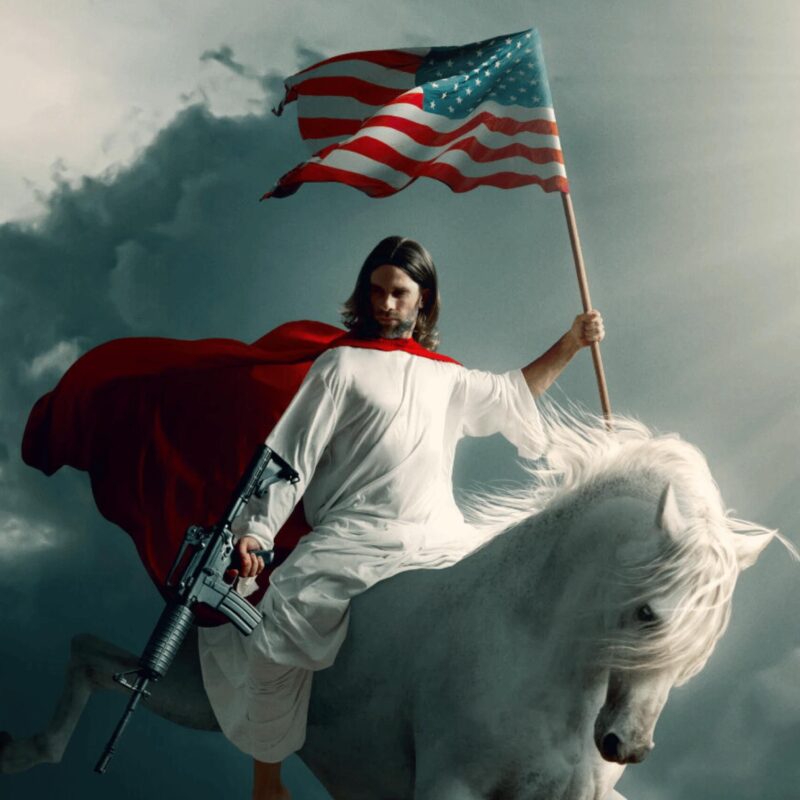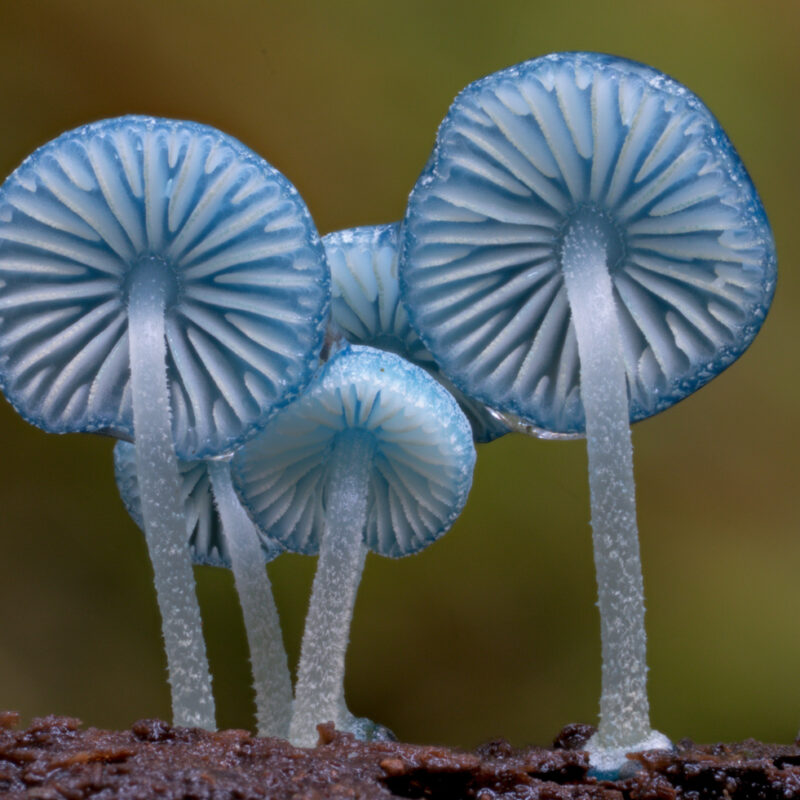description:
For decades Angola’s ruling MPLA party has shamelessly exploited its people – but are things set to change? Although Angola is one of Africa’s largest oil producers, it is one of the poorest countries in the world. What does the future hold? Angola is Africa’s second largest oil exporter. The country began its economic ascent after its 27-year civil war came to an end in 2002, and in 2017, Luanda became the world’s most expensive capital city. But the country is marred by economic division. Angola’s billions of oil dollars mainly lined the pockets of the family of President José Eduardo dos Santos, who ruled for 38 years. Luanda’s multiplying skyscrapers and glittering facades showcase the wealth of a small, rich elite. While 55 percent of Angolans still live on less than one dollar a day. In August last year, President José Eduardo dos Santos announced he would not be seeking re-election due to health reasons. Like dos Santos, his successor, João Lourenço, belongs to the People’s Movement for the Liberation of Angola (MPLA). Lourenço has promised to fight corruption, and help the country’s poorest. Analysts have already raised doubts about his ability to make far-reaching change, however. Police currently stand accused of sending so-called death squads to kill young people in Luanda’s outskirts. Families are being relocated into tin huts, where they live under shocking conditions. And the country’s health care system is failing, as Angola’s infant mortality rate climbs to one of the highest in the world.

